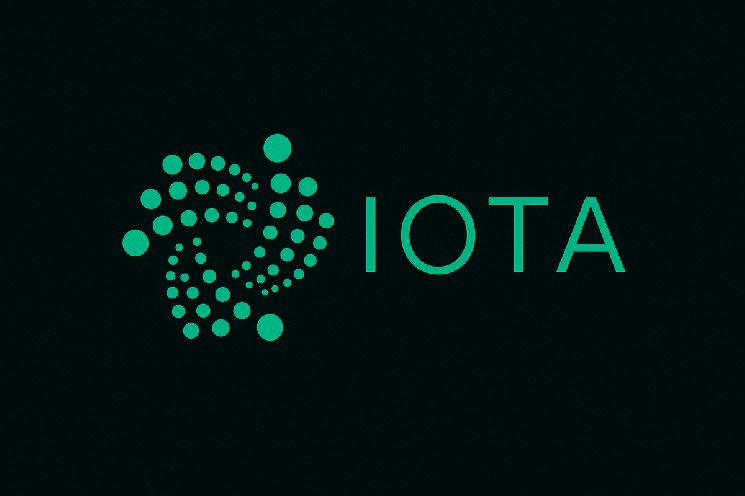- IOTA Id 1.7 Beta provides hybrid post-quantum signatures and ML-DSA help to safe credentials towards future quantum threats.
- Verifiable Credentials can now be printed on-chain for open validation, enhancing belief whereas conserving private information non-public below GDPR.
IOTA has launched Id 1.7 Beta, which strengthens digital id and supplies safety to guard information earlier than quantum computing turns into a menace.
This launch is a serious step ahead in providing safety towards the dangers that quantum methods might pose to typical encryption.
In collaboration with the LINKS Basis, the replace provides help for ML-DSA signatures, a cryptographic methodology endorsed by the U.S. Nationwide Institute of Requirements and Know-how.
The method is meant to withstand assaults from quantum computer systems able to breaking right now’s public-key methods. By utilizing this commonplace, credentials issued right now can stay intact for many years.
This launch focuses on hybrid post-quantum signatures that mix present cryptographic algorithms with the brand new ML-DSA safety. It helps organizations use quantum-safe strategies with out abandoning their current infrastructure.
This twin method supplies backward compatibility whereas getting ready for future safety necessities.
The IOTA Id 1.7 Beta replace ensures secrets and techniques secured right now keep protected even in a post-quantum future.
With hybrid post-quantum signatures and onchain verifiable credentials, digital id simply acquired a serious improve. pic.twitter.com/uY0uZSLHPt
— IOTA (@iota) October 16, 2025
On-Chain Verifiable Credentials for Open Verification
IOTA Id 1.7 additionally introduces the power to publish Verifiable Credentials instantly on-chain. Earlier, credentials have been exchanged privately, appropriate for particular person verification however much less supreme for public validation. With this modification, organizations can difficulty credentials to a public IOTA deal with, making them immediately discoverable and verifiable by means of a DID Doc.
Such credentials can affirm certificates, product specs, or origin proofs that require public visibility. The system helps transparency for sectors equivalent to commerce and provide chain administration, the place authenticity should be open to verification. On the identical time, private information stays off-chain to remain inside information safety legal guidelines like GDPR.
This progress expands the IOTA Belief Framework, a set of open-source instruments made to help safe and scalable digital belief options. Now, builders and organizations can use public verification with out relying on a government, which makes decentralized methods extra dependable.
Future-Proofing Id and Gradual Adoption
Put up-quantum signatures in IOTA Id 1.7 are launched as experimental options. Builders can use them for testing and analysis whereas the business follows NIST’s suggestions. This gradual launch helps preserve methods secure whereas they transfer towards quantum-safe safety.
Hybrid signatures already work nicely with present digital methods and permit a straightforward shift. Organizations can use these strategies with out altering their present verification instruments. This reduces entry limitations and makes long-term safety stronger.
IOTA Co-founder Dominik Schiener highlighted the significance of this improve, stating,
Vital improve to make sure that IOTA Identities are future-proofed. A number of giant enterprise and governments had requested this characteristic from us to work on bigger rollouts of IOTA Id. On chain verifiable credentials on IOTA at the moment are totally post-quantum safe.
This launch introduces IOTA Id 1.7 Beta as a robust base for many years of safe digital id administration. By introducing hybrid post-quantum expertise and on-chain verification, it units a dependable construction for the subsequent section of digital belief.


